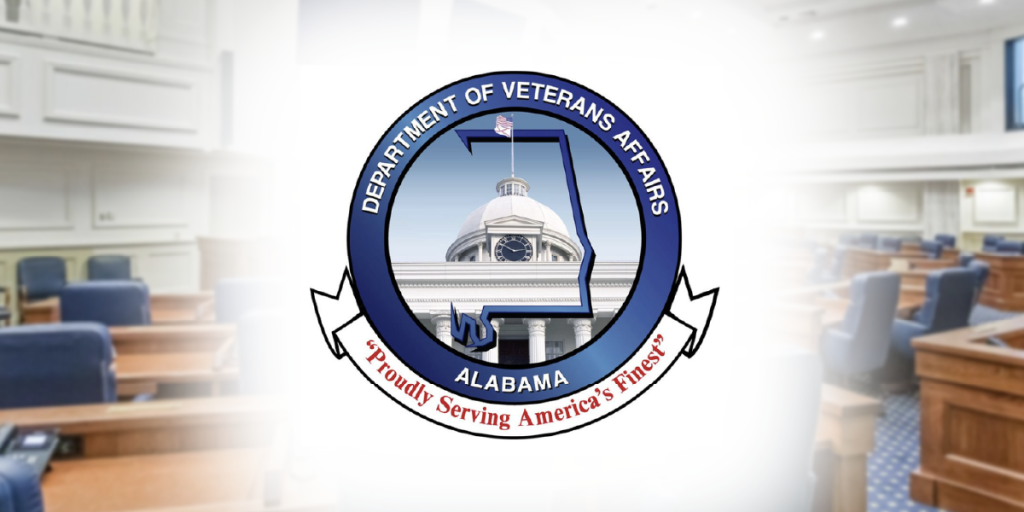7. In the wake of a troubling incident at Challenger Elementary School in Huntsville, where a firearm accidentally discharged inside a second grader’s backpack causing a student’s laptop to be damaged and prompting concerns over child safety, State Rep. Barbara Drummond (D-Mobile) introduced HB103, a bill that would require parents and guardians to properly secure any firearms in their homes. Drummond, speaking on “Capitol Journal” on Alabama Public Television, clarified that this measure is intended solely to protect children and enhance school safety, asserting that locking up a gun is both a simple and cost-effective precaution that does not violate Second Amendment rights. She emphasized that ensuring firearms are stored safely is a basic, common-sense step toward preventing future accidents and protecting the wellbeing of students and the broader community.
6. The Alabama Senate voted 21-9 to strip away a significant portion of the proposed legislation aimed at overhauling the Alabama Department of Veterans Affairs and the State Board of Veterans Affairs. The adopted substitute bill preserves the current board structure — where the governor appoints board members based on recommendations from major veterans’ service organizations — and elevates the ADVA Commissioner to a Cabinet-level role, ensuring continuity while allowing organizations the option to re-nominate board members if desired. State Sen. Andrew Jones (R-Centre) emphasized that this decision was reached after extensive feedback from veterans’ groups and bipartisan discussions, reflecting a consensus to maintain stability in the state’s veterans’ affairs leadership as the 2025 legislative session progresses.
5. In a ruling that underscores the tension over executive power, U.S. District Judge Tanya Chutkan declined to issue an emergency injunction to block Elon Musk’s Department of Government Efficiency (DOGE) from firing federal workers and accessing data at agencies including Labor, Education, and Health and Human Services. The lawsuit, brought by more than a dozen states, argued that Musk’s unelected agency oversteps constitutional limits by exercising powers reserved for presidential appointees confirmed by the Senate under the Appointments Clause. While the judge recognized the potential for significant disruption and raised concerns over the unchecked authority of DOGE, she held that the plaintiffs had not demonstrated an immediate threat warranting such drastic relief, leaving the matter for further litigation.
4. President Donald Trump made good on a campaign promise by signing an executive order that requires federal agencies to formulate policies protecting IVF access and reducing the financial burden of fertility treatments, ensuring that families can more easily afford to conceive. This executive action was prompted by a personal conversation with Sen. Katie Britt (R-Montgomery), who had previously advocated for measures to safeguard IVF services following an Alabama Supreme Court ruling that recognized IVF embryos as children — a decision that had led several fertility clinics to suspend their services amid legal concerns. Trump recalled learning the details from Britt in just a few minutes, and both he and Britt celebrated the move as a significant, pro-family victory that reinforces the administration’s commitment to making fertility treatments accessible and affordable.
3. President Donald Trump announced that his administration would impose tariffs of approximately 25% on imported automobiles, pharmaceuticals, and semiconductor chips, marking a significant escalation in his effort to address trade imbalances and protect U.S. industries. Auto tariffs are slated to begin April 2, as part of a comprehensive review of global trade practices that includes pressuring key partners like the European Union to adjust their own tariffs and boost U.S. exports, while similar measures on pharmaceuticals and chips are expected to increase gradually over the coming year. This policy initiative reflects Trump’s long-standing campaign promises to renegotiate trade deals, incentivize domestic investment, and ultimately shift the global economic landscape in favor of American manufacturing and job creation.
2. U,S, Rep. Robert Aderholt (R-Haleyville) announced his support for the Birthright Citizenship Act, co-sponsoring the bill supported by President Trump and U.S. Sen. Katie Britt (R-Montgomery) as part of a broader Republican effort to end the automatic granting of citizenship to children of illegal immigrants. The legislation seeks to restrict birthright citizenship to those born to U.S. citizens, lawful permanent residents, or aliens serving in the armed forces, thereby curbing what Republicans argue is an abuse of the immigration system. Aderholt emphasized that the bill is a necessary measure to preserve the integrity of American citizenship and to ensure that the nation’s laws align with the original meaning of the 14th Amendment.
1. Despite talk of NASA widespread layoffs affecting up to 10% of the workforce across the 18,000 employees nationwide, Marshall Space Flight Center in Huntsville remains largely unaffected, with no immediate changes beyond employees who voluntarily accepted the Deferred Resignation Program. A statement from Marshall emphasized that discussions on potential workforce impacts are premature, reinforcing its stability amid the nationwide cuts. As one of NASA’s largest field centers, Marshall continues to play a crucial role in managing human spaceflight programs, including Artemis, without significant disruption.
Dale Jackson is a thought leader for Yellowhammer News and hosts a talk show from 5-9 a.m. weekdays on WVNN and from 10-11 a.m. on Talk 99.5 and News Radio 1440, with a rebroadcast on WVNN at 10 p.m.












